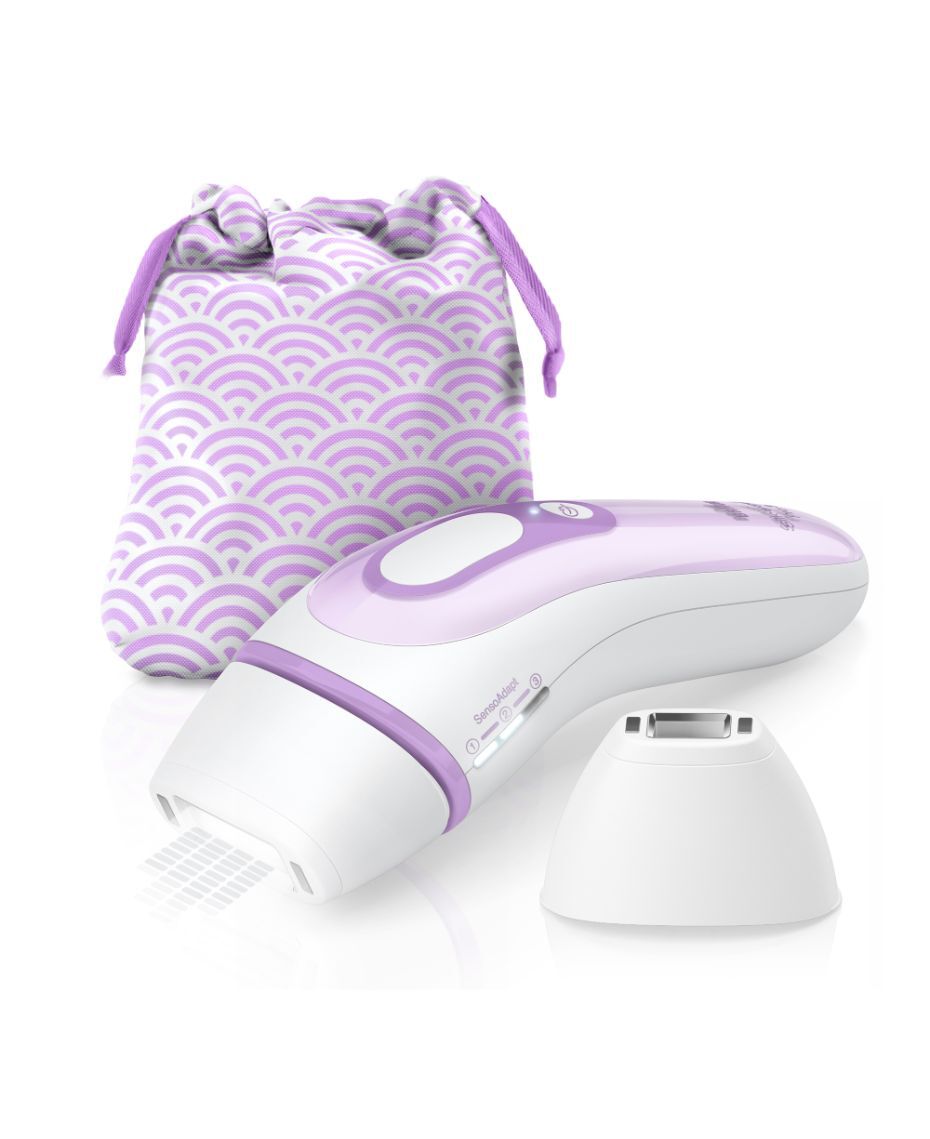Honey and Virgin Coconut Restorative Shampoo – 100% PURE
Hydrating shampoo deeply moisturizes while gently cleansing with rich coconut foam. Restorative formula nourishes for stronger, healthier, glossier locks.
Deeply moisturizing natural shampoo made with hydrating, gently cleansing coconut foam. Restorative formula intensely nourishes for stronger, glossier hair while promoting scalp health and hydration. This sulfate-free shampoo is safe and gentle enough for color treated hair.
DIRECTIONS
Using fingertips, gently massage into scalp. Rinse thoroughly with lukewarm water.
SIZE
13 fl oz / 390 ml
SOURCE
Made in USA
EVERY INGREDIENT WE USE IS BENEFICIAL, HERE ARE A FEW:
ROSE HYDROSOL
Rose Hydrosol tones skin and tightens pores.
PANTHENOL
Panthenol locks in moisture for smoother, softer skin.
VITAMIN E (TOCOPHEROL)
Vitamin E restores and protects from free radical damage.
HONEY
Honey soothes skin and is a natural preservative.
COCONUT
Coconut deeply moisturizes hair and skin.
COMPLETE LIST OF INGREDIENTS:
Rosa Centifolia Flower Water (Organic Rose Hydrosol)*, Aloe Barbadensis (Organic Aloe) Leaf Juice*, Sodium Cocoate (Saponified Coconut) Oil, Mel (Honey), Vegetable Glycerin, Plant Cellulose (Vegan), Fucus Vesiculosus (Kelp) Extract, Tocopherol (Vitamin E), Panthenol, Extracts of Camellia Sinensis (Organic Green Tea) Leaf*, Urtica Dioica (Nettle), Rosmarinus Officinalis (Rosemary) Leaf, Calendula Officinalis (Calendula) Flower, Cocos Nucifera (Virgin Coconut) Oil, Salt (French Sea Salt), Extracts of Origanum Vulgare (Oregano) Leaf, Thymus Vulgaris (Thyme) Flower/Leaf, Melia Azadirachta (Neem), Lonicera Caprifolium (Honeysuckle) Flower, Lonicera Japonica (Honeysuckle) Flower and Cocos Nucifera (Coconut Flavor) *Certified Organic
Additional information
| SIZE | 13 fl oz / 390 ml |
|---|






by Dinah
I’m one of those people who don’t write a review unless I need to share something important. Listen: this is THEE shampoo(+conditioner) for someone looking for toxic free hair care that WORKS, and improves hair quality. I’ve tried ALL the natural, crunchy things, and nothing even comes close to giving the same results as this has for me. It smells wonderful, and not overly coconut-y, leaves my hair feeling clean, light, and soft… and I mean- just look at the ingredients. I cannot find anything as effective as this stuff made with cleaner products. You’ve got a lifelong, satisfied customer here.
by Ivonne
And it leaves your hair so shiny.
by Susan
One of the best shampoos ever. Smells like coconut oil, not my favorite fragrance but it leaves hair feeling super moisturized!
by Jennifer
I have a severe citrus allergy and finding shampoos that do not contain citrus or citric acid is so difficult. Not only does this shampoo NOT contain citrus, but this shampoo has changed the quality of my hair. It is shiny, smooth and healthy – before, I would have either decent hair with sores on my head from the citric acid or hives on my shoulders, neck, back and face from wherever my hair touched. Not with this shampoo – it has been a god send, and I can’t express enough how much I love this product and formula. AMAZING!!!!
by Lorena
I’ve been looking for a shampoo that makes my hair feel soft and easy to manage and this shampoo certainly did that for me. Very pleased with this product